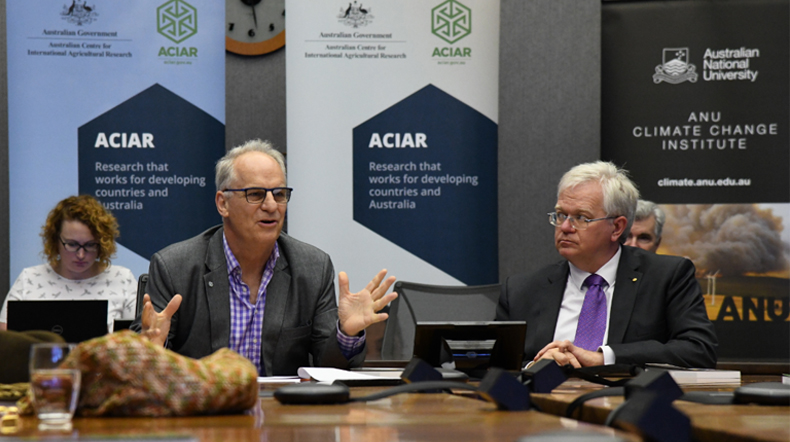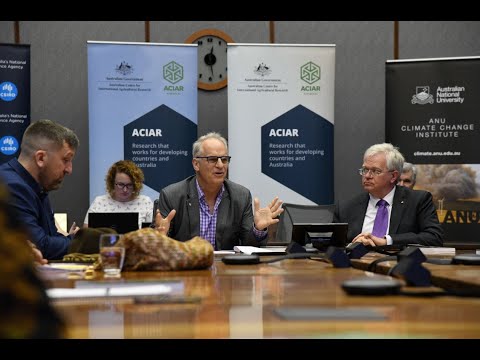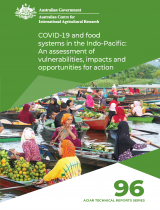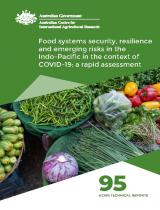Pandemic food crisis threatens

The COVID-19 pandemic is threatening to spark a regional food crisis, according to a new report released by the Australian Government’s specialist agricultural research-for-development agency.
Published today by the Australian Centre for International Agricultural Research (ACIAR), the report warns that the pandemic is exacerbating existing threats to food security that will have long-term implications for the Indo-Pacific region.
The report contains five in-depth assessments focusing on Indonesia, Pacific island countries (Kiribati, Tuvalu, Samoa, Tonga, Solomon Islands, Vanuatu and Fiji), Papua New Guinea, the Philippines, and Timor-Leste.
Increased challenges in growing and selling food, reduced incomes, biosecurity threats and greater exposure to the impacts of climate change were all identified as ongoing challenges across the region that are being amplified by the pandemic.
Produced by scientists from CSIRO and the Australian National University (ANU), working with partners in the target countries, the report marks the second stage of a three-phase response led by ACIAR to identify opportunities for intervention.
ACIAR CEO Professor Andrew Campbell said the report will assist not only Australia’s food security response in the Indo-Pacific but also other national governments and NGOs, as the region faces one of the biggest threats to food security in living memory.
‘The COVID-19 pandemic has affected millions of people across the Indo-Pacific region,’ said Professor Campbell.
‘Smallholder farmers feed more than half of the world’s population. COVID-19 is making it more difficult for these farmers to access seeds, labour, fertilisers and other agrichemicals, with travel restrictions making it tougher to get their produce to market.’
‘Food systems were already under pressure. COVID-19 has exposed and exacerbated those pressures. The pandemic is threatening to morph from a health crisis to a food crisis. Women and girls are among the most severely affected groups, and the most at risk from worsening food security.’
Launched this morning at the ANU, the report will help to inform future investment for ACIAR and the wider aid program and identify opportunities for food system transformations.
‘We wanted to understand how COVID-19 is impacting rural communities in the region and identify the points where we could best invest to improve resilience in food systems across the region’ said Professor Campbell.
The report COVID-19 and food systems in the Indo-Pacific: An assessment of vulnerabilities, impacts and opportunities for action is available on the ACIAR website and follows the release of a preliminary assessment published in May 2020.






